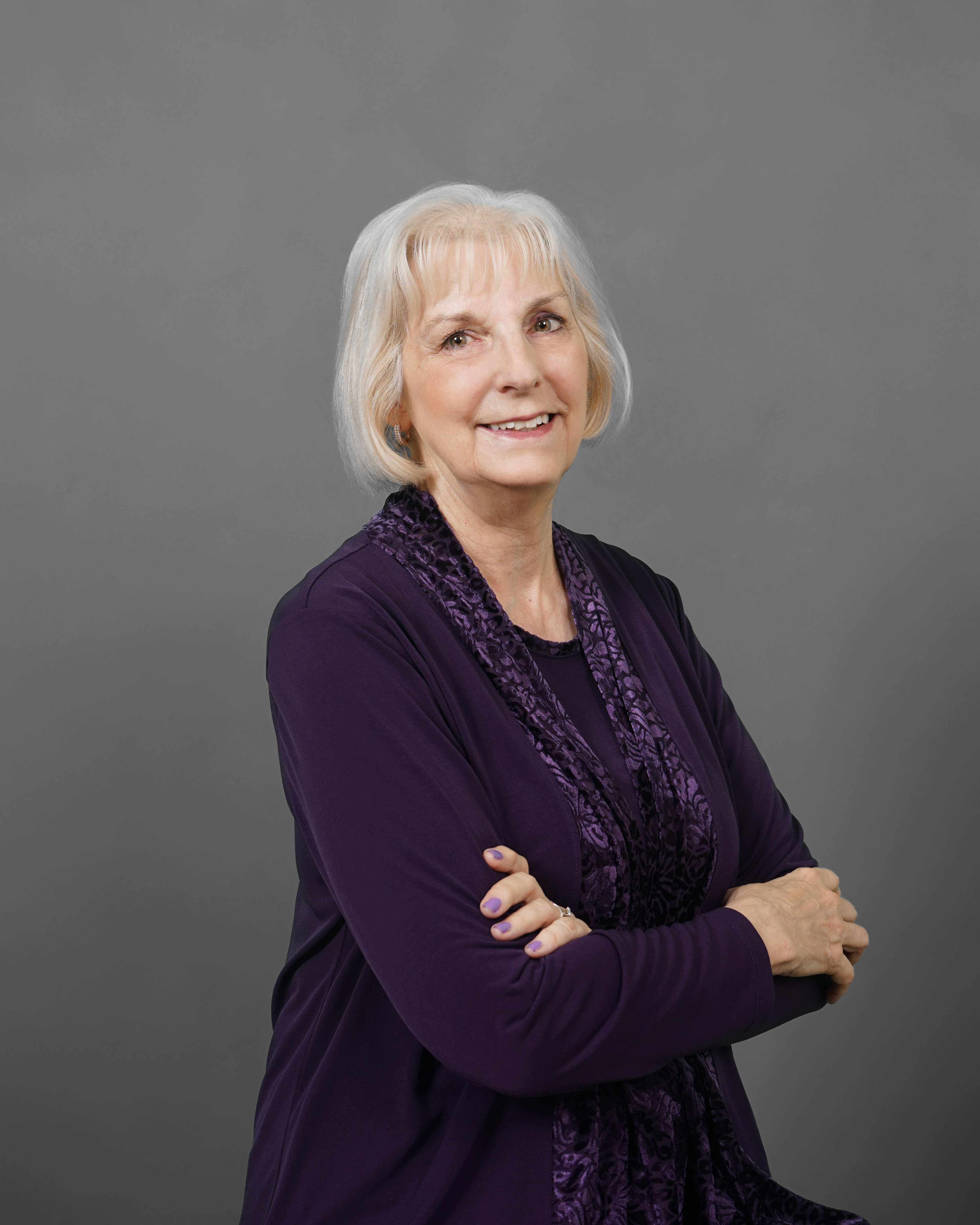Daily, hourly, and minute-by-minute airwaves bombard us with differing opinions. The flick of a switch can give us the inside track on the thoughts of people from all over the world.
The worldview of writers and commentators will skew the news they report. No matter how much a person attempts to remain unbiased there will always be some influence from their beliefs and culture embedded in the information they share.
In some cases, reputations can be damaged when accounts are released to the public before sources are verified. Information can lead people to make decisions that affect their lives and if the details are incorrect the result can be devastating. Embarrassment for the news agency follows if stories need to be retracted.
On November 3, 1948, the Chicago Tribune ran the headline, “Dewey Defeats Truman.” The newspaper went to press before the final votes were tabulated in the presidential election. They depended upon polls and the fact that Dewey was ahead at the time which determined their headline decision. Other papers predicted the same outcome as well as some radio broadcasts.
This example shows us that media is not always reliable with the truth. They tried to get ahead of everyone else by making assumptions. Newspapers and TV channels are supported by advertising. Spectacular headlines draw more viewers and truth is not always the deciding factor in their selections.
Our recent world events have shown us the way media biases can affect our lives. Pandemic warnings, statistics, and methods of treatment vary daily. We never know which ones to believe.
The war in Ukraine is another recent example of differing views on war, the cause, and the solution. Speculation abounds regarding the next step. Will nuclear weapons be used? Is this the beginning of World War III?
We face inflation and scarcity of certain products needed for daily life. The flow of arguments presents alternative solutions and questions about causes.
What can we as Christians do to ensure we aren’t misled?
Here are 7 ways to avoid media bias as much as possible.
Photo Credit: ©GettyImages/Daniel Tadevosyan
1. Don’t Depend on Only One Source
We can check multiple outlets to determine if the stories we hear have too many disparities. Investigate multiple streams of information for assessments on the same situation to determine if there are contradictory facts.
In 2 Samuel 16:1-4, David is greeted by Ziba, the servant of Mephibosheth. Mephibosheth was Jonathan’s son whom David had restored back to royal status. This servant was a person David trusted, but Ziba’s heart became selfish. He lied to David and because of his falsehood David awarded property to this servant.
David’s mistake was in only listening to Ziba. If he had asked Mephibosheth if the words of the servant were true, he could have avoided this mistake.
For lack of guidance a nation falls, but victory is won through many advisers. (Proverbs 11:14)
2. Check the Motive Behind the Narrative
If we hear something that is obviously biased toward one side, we can ask ourselves, what is the motive? If information directs people to certain behaviors or actions, does it reflect population control or is it simply a warning? Did they give sources? Is it possible to check those sources ourselves?
When Rehoboam inherited the kingdom from his father, Solomon, he refused to listen to the elders of Israel and only took the advice of his peers. His motive was to make life harsher for the people than what Solomon had already inflicted.
The king answered them harshly. Rejecting the advice of the elders, he followed the advice of the young men and said, “My father made our yoke heavy; I will make it even heavier. My father scourged you with whips; I will scourge you with scorpions.” (2 Chronicles 10:13-14)

3. Follow Sources Who Have Proven to be Reliable in the Past
In past situations, did an agency show itself to relay events without too much spin? What is the dependability of the sources we hear? There are broadcasts and websites we can rely on for a Christian-based opinion on issues, but we should also weigh these as to biblical accuracy.
When Moses was burdened with hearing the complaints of the Hebrews, his father-in-law gave him advice to ease the strain on Moses. Moses took Jethro’s advice but didn’t act hastily. He first took the instructions before the Lord.
If you do this and God so commands, you will be able to stand the strain, and all these people will go home satisfied. Moses listened to his father-in-law and did everything he said. (Exodus 18:23-24)
4. Don’t Trust Social Media
If it’s on the internet, it’s true, right? Unfortunately, many people believe this. Social media and other internet sites flow with shares that turn out to be hoaxes. By the time this buzz circulates, thousands of people have been reached who naively believe and re-share.
The spies Moses sent out to explore the land they were to inherit came back with fearful and negative words. Yet two of the men reported their ability to conquer the inhabitants and take possession of the real estate before them. The crowd chose to believe the negative words and wailed against Moses about returning to Egypt. Their actions spread as the social media of the Old Testament and shot through the congregation as fast as satellite feeds forward emails.
We seemed like grasshoppers in our own eyes, and we looked the same to them. (Numbers 13:33b)
Photo Credit: ©GettyImages/Tero Vesalainen
5. Don’t Fall for Emotional Appeal
Commercials abound on channels depicting sad-eyed dogs while teary music plays in the background. Starving children pull on our heartstrings. Helping orphans and widows is a command from our heavenly Father, but we should make our decisions about giving money to organizations based on truth and need rather than an emotional appeal.
After natural disasters, requests abound to assist hurting people. Unfortunately, scam artists impersonate charitable groups and unwary citizens can lose money and nothing reaches those in need. Don’t give money over the phone to anyone who calls and asks for it. Donations can be safely made over the phone or the internet, but it should be instigated by the donor after checking to make sure the site is legitimate.
We shouldn’t allow guilt to push us into digging into our bank accounts. We need to scout out an organization’s reputation and proper use of funds, then follow the Lord’s leading about recipients and how much to contribute.
Also, clickbait is used on computers and tablets based on our search history. Recently, I searched for instructions regarding spring planting on the internet and immediately, my computer was bombarded with ads designed to satisfy my need or desire for seeds or new tools.
In 1 Kings 3:16-28, King Solomon ruled in wisdom regarding which mother to award a baby to. He wasn’t swayed by tears or begging. His discipline instead of emotion helped him make the correct decision.
Each of you should give what you have decided in your heart to give, not reluctantly or under compulsion, for God loves a cheerful giver. (2 Corinthians 9:7)
6. Don’t Rely Only on Computer-Generated Fact-Checkers
We can seek the truth of an article through fact-checkers, but our best source of knowledge is the Holy Spirit. The computer-generated sites have biases built into them as they scan for certain words and phrases. We should pray and seek the Lord’s wisdom before we believe impressions as truth.
Solomon’s prayer when he was anointed king over Israel was to discern between right and wrong. We can follow his leading and pray the same prayer over our decisions.
So give your servant a discerning heart to govern your people and to distinguish between right and wrong. (1 Kings3:9a)

7. Don’t Follow Instructions That Are Contrary to the Bible
At the beginning of the pandemic, many churches closed their doors in response to government mandates. In some cases, the worship services were treated differently than businesses that were allowed to stay open. We do want to live peaceable lives and obey authority, but when that authority violates Scripture, our stand should come from the Bible.
The danger in staying away from worship services is people can get too comfortable and don’t return to church (Hebrews 10:25). This can weaken the body of Christ and make individuals susceptible to false doctrine that circulates in the airwaves.
It is each church’s decision as to how to handle virus restrictions. But we must determine how strong our stand is in the Lord. If closures were made permanent, what would we do? Whose authority do we allow to control our lives?
Any information that produces doubt about the validity of God and His Word is a viewpoint we need to shun.
But Peter and the other apostles answered and said, “We ought to obey God rather than men.” (Acts 5:29)
Holy Wisdom Is the Authoritative Guide
Nothing we read or hear on this earth can be totally unbiased, but we can take precautions to ensure our decisions and actions are as accurate as possible.
If we are abiding in Christ, seeking the Lord through prayer, His wisdom will guide us and lead us to make honorable conclusions that will protect our family. While we do need to stay current on world events, we should spend more time in Scripture than we do listening to voices that can generate fear.
When faith in God is the foundation of our lives, we are inhabited by the One who knows the future. When fear knocks on our hearts, we don’t have to answer the door.
See to it that no one takes you captive through hollow and deceptive philosophy, which depends on human tradition and the elemental spiritual forces of this world rather than on Christ. (Colossians 2:8)
Photo Credit: ©GettyImages/pcess609
Originally published April 05, 2022.








